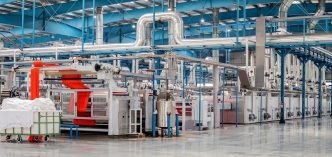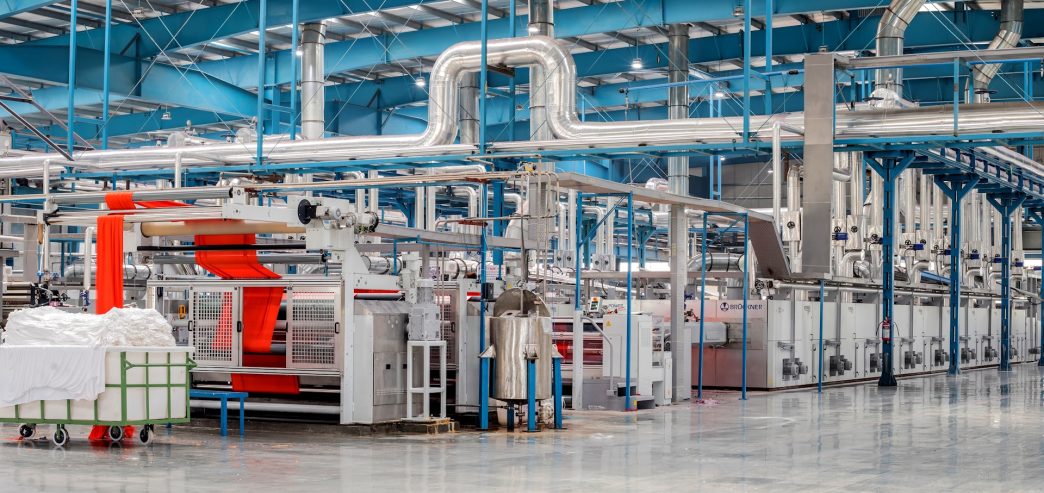Since the UK’s exit from the European Union, businesses have faced various new challenges when relocating operations, particularly for manufacturers considering moving their factory from the UK to Germany. Over time, these changes have become more apparent, and companies have had to adapt to new customs procedures, VAT regulations, and the overall business environment.
- Customs Procedures Post-Brexit
The introduction of customs controls post-Brexit has had a lasting impact on UK manufacturers. Before Brexit, goods could move freely between the UK and EU countries, but with the UK no longer part of the EU, UK businesses are now subject to full customs procedures when exporting goods to Germany.
Manufacturers must now submit customs declarations, which involve preparing the necessary paperwork, such as proof of origin, invoices, and the correct Harmonised System (HS) codes for goods transported. This shift has created extra administrative work for businesses, as failure to comply with these requirements can result in delays, fines, or disruption to the supply chain.
As the dust has settled, many UK businesses have streamlined their customs processes by partnering with experienced customs brokers or freight forwarders. These brokers help manage documentation and ensure compliance, helping businesses avoid some of the initial teething problems that many faced in the aftermath of Brexit.
- VAT Changes and Implications for Factory Relocation
Since Brexit, UK manufacturers have had to adjust to significant changes in VAT regulations when trading with EU countries. Previously, goods could move between the UK and EU without VAT charges. However, due to Brexit, the UK is now treated as a third country, meaning that VAT is applicable on exports from the UK to Germany, and the German VAT rate must be applied.
One key step for UK businesses considering relocating their factory to Germany is ensuring compliance with German VAT laws. Businesses are now required to register for VAT in Germany, and the correct VAT treatment must be applied to all transactions, both imports and exports.
Another consequence of these changes is that UK businesses can no longer reclaim VAT on purchases from EU suppliers, a benefit they previously enjoyed. However, manufacturers can reclaim VAT on eligible business-related expenses by relocating to Germany through the German VAT recovery system. This has proven to be one of the advantages of relocating, as it allows businesses to recover a significant amount of VAT spent on their operations.
As many businesses have adapted to these VAT changes, it is important to continue seeking expert advice to ensure full compliance with UK and German tax rules. This is particularly relevant for companies planning to establish a permanent presence in Germany, as understanding and managing VAT properly is essential for long-term success.
- Germany’s Business Environment
Despite the challenges of Brexit, Germany continues to offer a stable and advantageous environment for businesses looking to relocate their operations. Known for its robust manufacturing sector, Germany remains one of Europe’s top destinations for industrial investment. The country offers several benefits to UK manufacturers seeking a new location for their factory.
Skilled Workforce: One of Germany’s greatest assets is its highly skilled workforce. The country’s strong educational system, particularly in technical fields, ensures a steady supply of qualified workers in engineering, automotive manufacturing, and technology industries. This talent pool is invaluable for businesses looking to maintain high productivity and foster innovation.
Access to the EU Market: One of the main reasons businesses choose Germany is its access to the EU’s single market. Since relocating to Germany allows manufacturers to operate within the EU, companies can avoid the trade barriers and tariffs that have become a concern for UK manufacturers trading with the EU post-Brexit. This continued access to a large market is crucial for companies that rely on the free movement of goods across borders.
Incentives for Businesses: Germany’s government has introduced various incentives to attract foreign investment. These include tax benefits, financial support for research and development, and incentives for green technologies, all of which can help businesses reduce the costs associated with relocation.
Strategic Location: Germany’s central European location offers excellent logistical advantages. With well-developed transport networks, including road, rail, and sea, Germany is ideally situated for distributing products across Europe and beyond, reducing transportation costs and improving delivery times.
Business Stability: Germany offers political and economic stability, which is particularly appealing for businesses needing a reliable environment to invest and expand. The legal framework in Germany provides security for businesses, and the country has long been a leader in industrial development and innovation.
- Legal and Regulatory Considerations
After Brexit, UK businesses have had to adjust to Germany’s legal and regulatory framework, which may differ significantly from the UK’s pre-Brexit laws. This includes compliance with Germany’s environmental regulations, workplace safety standards, and labour laws.
Manufacturers considering a move to Germany must also assess the cost of labour, which can be higher than in the UK. However, this is often offset by Germany’s higher productivity and expertise. Ensuring the workforce complies with Germany’s labour laws, including employment contracts and social security contributions, is crucial for a smooth transition.












